Back in 2015 I wrote this:
"The Ryder Cup was in the news today, despite the fact we are not in a Ryder Cup year, when it was announced that the Marco Simone Golf and Country Club (not to be confused with the former AC Milan striker), on the outskirts of Rome would become the first Italian golf course to host the event. Italy will become only the third mainland European country to host the biennial event, after beating off competition from Austria, Germany and Spain.
The economic forecasts have already begun, and the value of the event to the local and national economy. To be fair to the event, which is the biggest in golf, it does not possess some of the cost associated with the ‘biggest’ events in other sports. For a start it’s just three days long. While investment in some sport infrastructure is required, most of this is temporary, and can be dismantled afterwards. Just one venue is also required.
It’s likely the majority of spectators will be from outside of Italy, as was the case in Celtic Manor in 2010 and Gleneagles in 2014. It’s estimated that the value of the event to Wales in 2010 was around £80 million pounds with less than 30% of spectators from the host country. Scotland claims to have had a similar positive experience. An impact study by Sheffield Hallam University's Sport Industry Research Centre (SIRC) suggested that the 2014 event was worth in excess of £100 million to the Scottish economy."
It has now been suggested the event could be worth up to $250 million in "economic impact". The projections have naturally turned to Ireland and 2027. A recent peice can be found here.
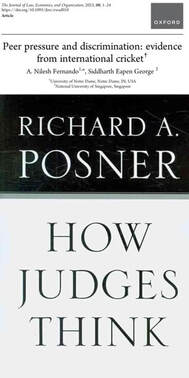
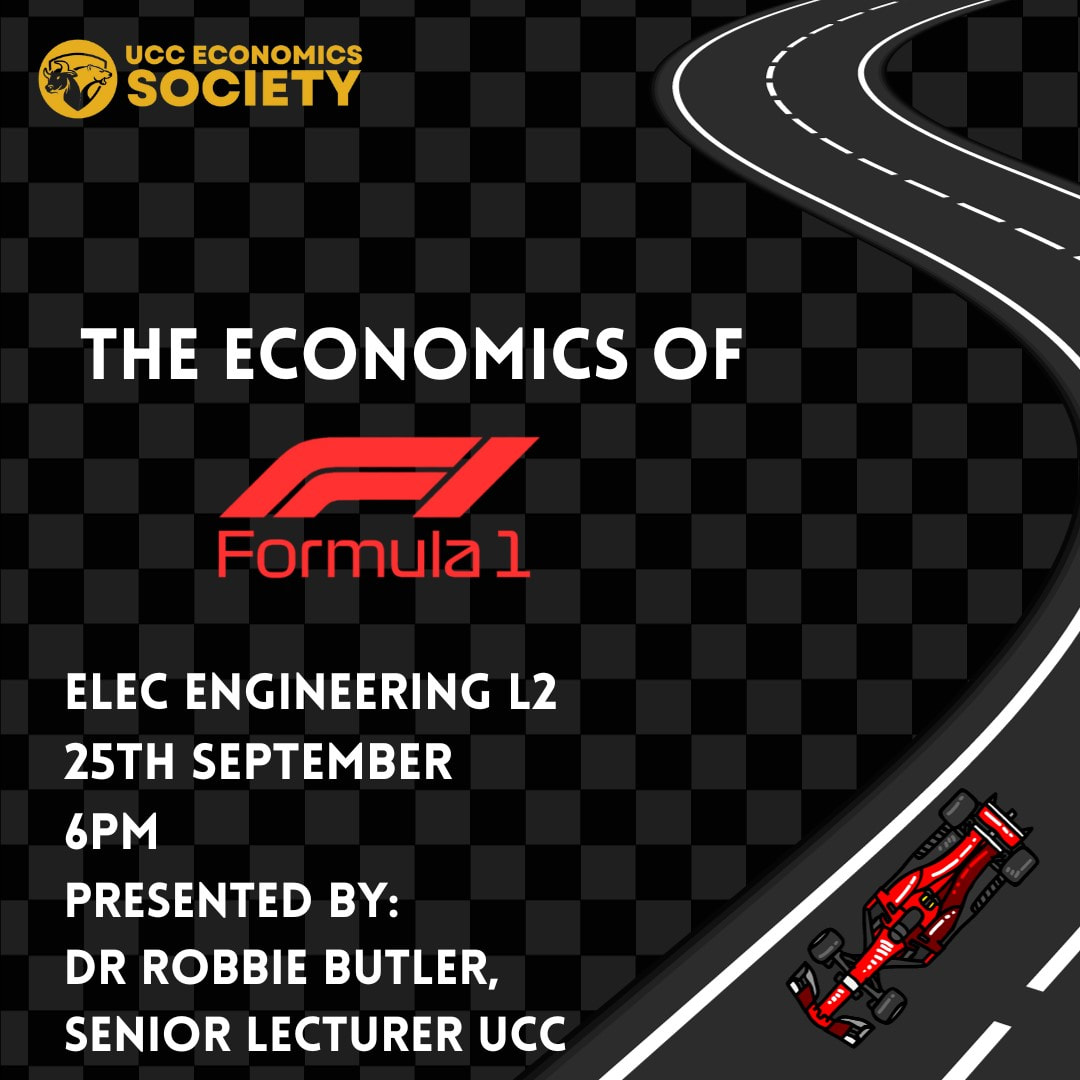
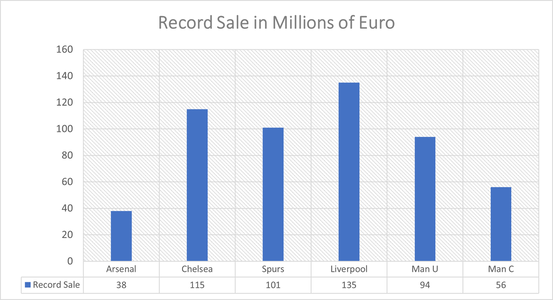
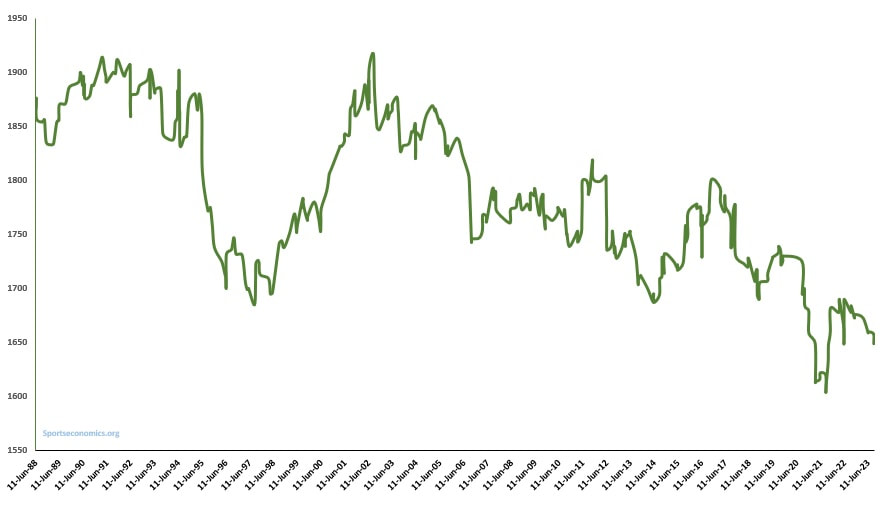
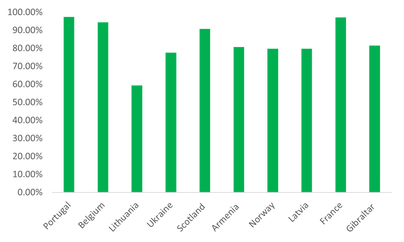

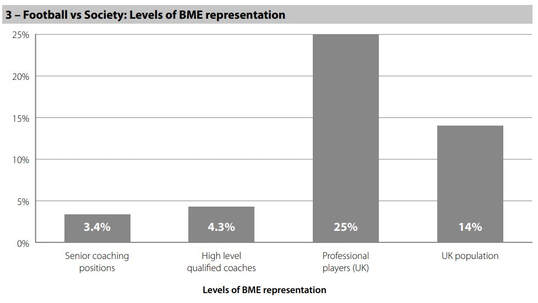
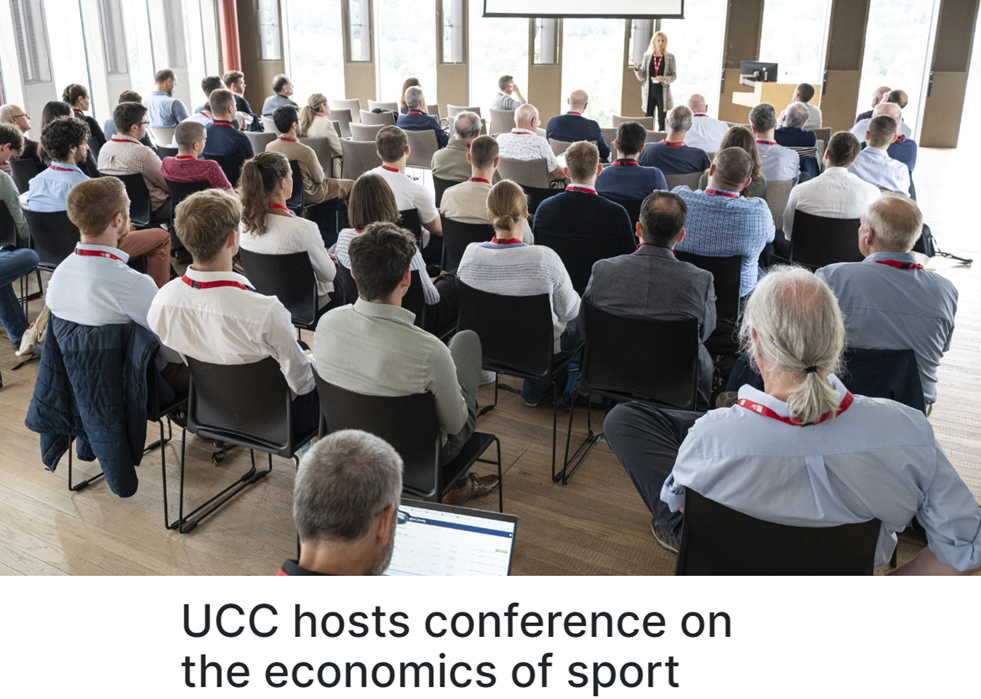
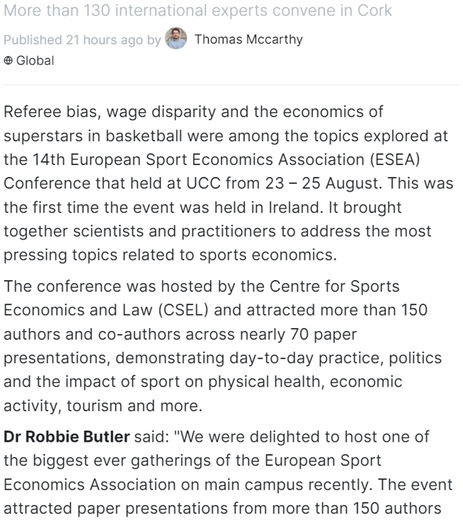
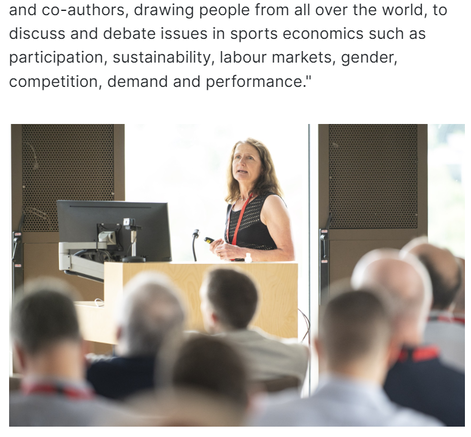

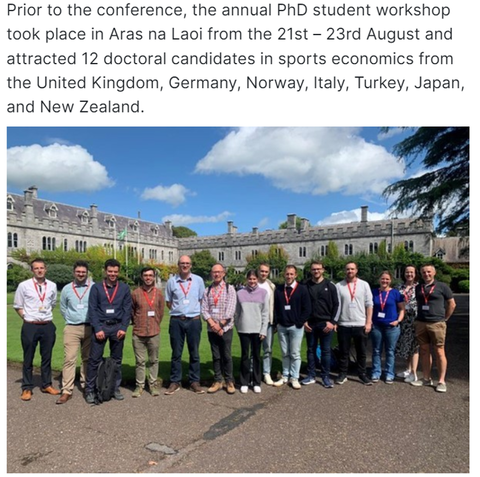
 RSS Feed
RSS Feed